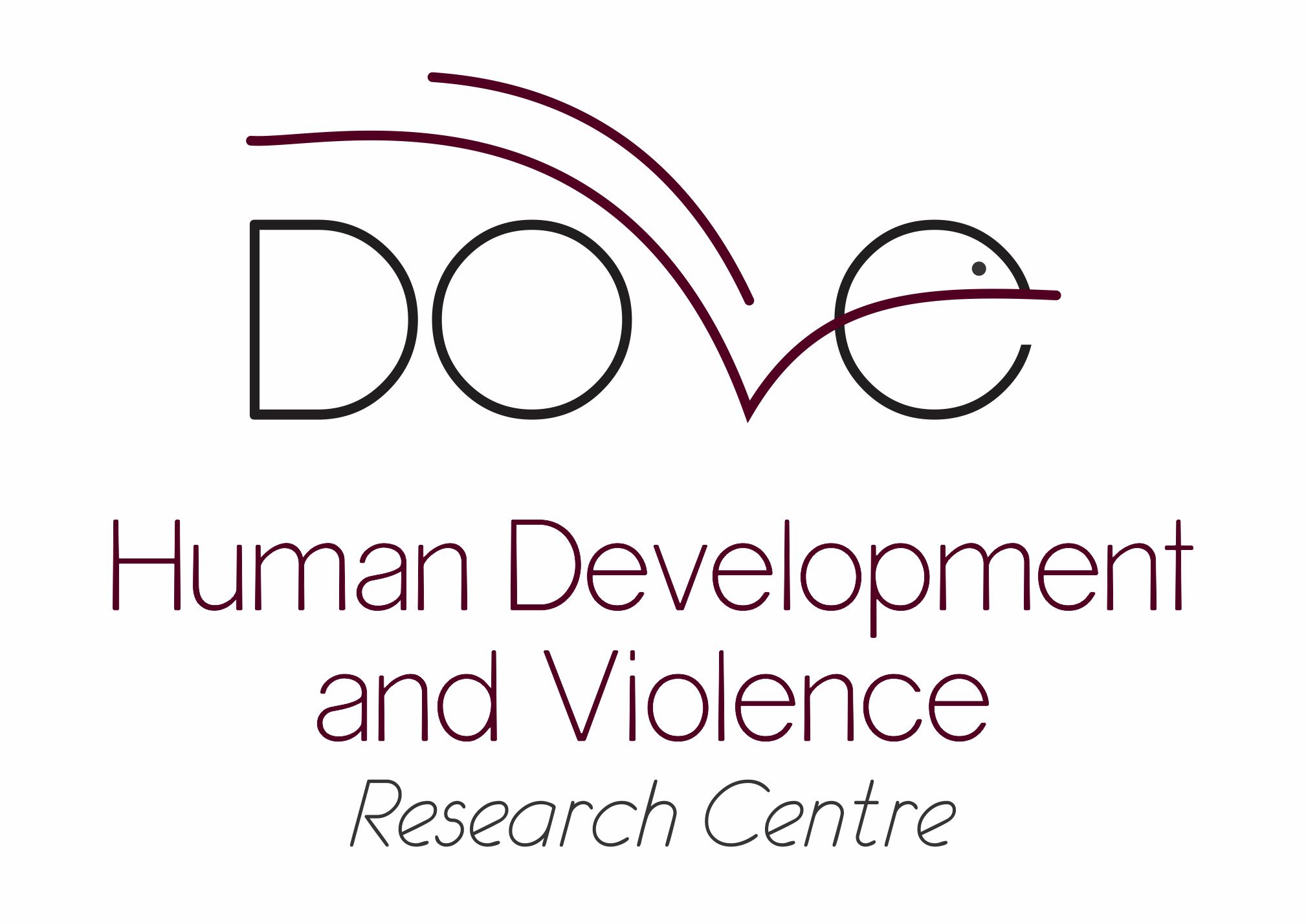PIM programme improves child development in groups followed from pregnancy

The programme Primeira Infância Melhor (PIM) improves the socio-cognitive development of vulnerable children when follow-up starts during the gestational period, a study pulished in the BMJ Global Health says. The research analysed data of 1,200 children followed from birth up to four years of age in South Brazil.
Established as a public policy in the state of Rio Grande do Sul, Brazil, in 2006, PIM is a programme based on regularly scheduled visits to socially vulnerable families to support early child development from gestation to six years of age. Weekly contact allows the home visitors to engage the family and children in activities to stimulate the different domains of child development.
“It is well known that early childhood is a critical time in human development. It is such an important stage that proper development during this period is one of the main predictors of school performance, productivity, and physical and mental health in adulthood. The consequences are for life,” says Eduardo Viegas da Silva, author of the study developed for a PhD thesis in epidemiology at the Federal University of Pelotas in Brazil.
To estimate the effects of PIM on child development, the research group analysed data from the longitudinal study started with more than 4,200 children born in the city of Pelotas, Brazil, in 2015, of which 601 received the programme intervention.
The researchers analysed 27 variables related to the environment, families, and children’s characteristics to create a comparison group of another 601 children who were extremely similar to those engaged in the programme but did not receive the intervention. Children in both groups were further divided into two categories according to the time of enrolment into PIM: during pregnancy (121 pairs) or at any time from birth to four years of age (480 pairs).
When they were 4 years old, on average, children were tested to assess five areas of child neurodevelopment: communication, personal-social, adaptive, motor, and cognitive (screening version of the Battelle Developmental Inventory).
The researchers found that the programme had a positive effect on child development in the group enrolled during pregnancy (121 pairs). Taking part in PIM caused a 60% drop in the proportion of children with low developmental scores compared to the control group.
According to Viegas da Silva, the data highlight the programme’s potential to reduce inequalities in early childhood, which is central to its role in breaking intergenerational cycles of poverty.
While presenting evidence on the benefits of PIM for child development, the study raises relevant points about the implementation of the programme to increase its effectiveness.
In the post-pregnancy group, consisting of 480 pairs of children, there was no difference in child development scores between children in the programme and those in the control group. The study’s conclusions reinforce the importance of linking families to PIM during pregnancy and improving strategies to reach the most vulnerable families – those needing the programme the most.
“Around half of the children in the study were enrolled after they were one year old, so sadly we can see a lost opportunity to support families in one of the most sensitive periods of child development,” Viegas da Silva said.
He added: “The study design allowed us to assess the impact of PIM in the context of routine programme implementation – of real life. The knowledge generated reinforces the PIM guidelines, which are already an international reference for similar programmes. We hope these insights will help the programme have an even greater impact on children and families.”


